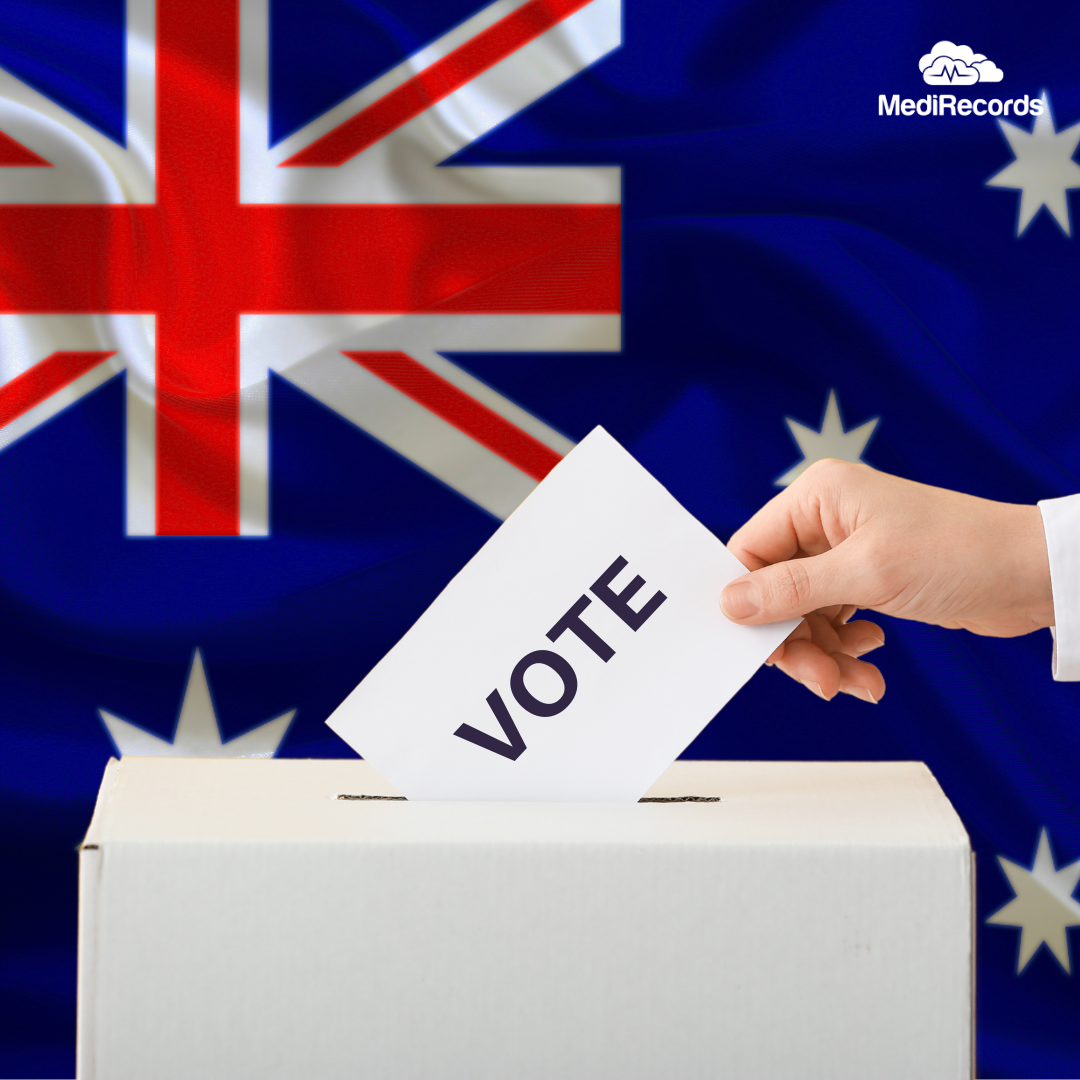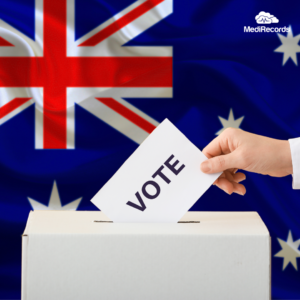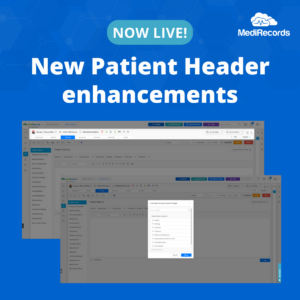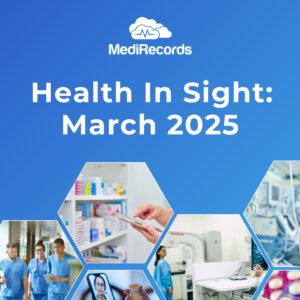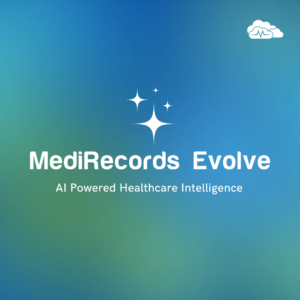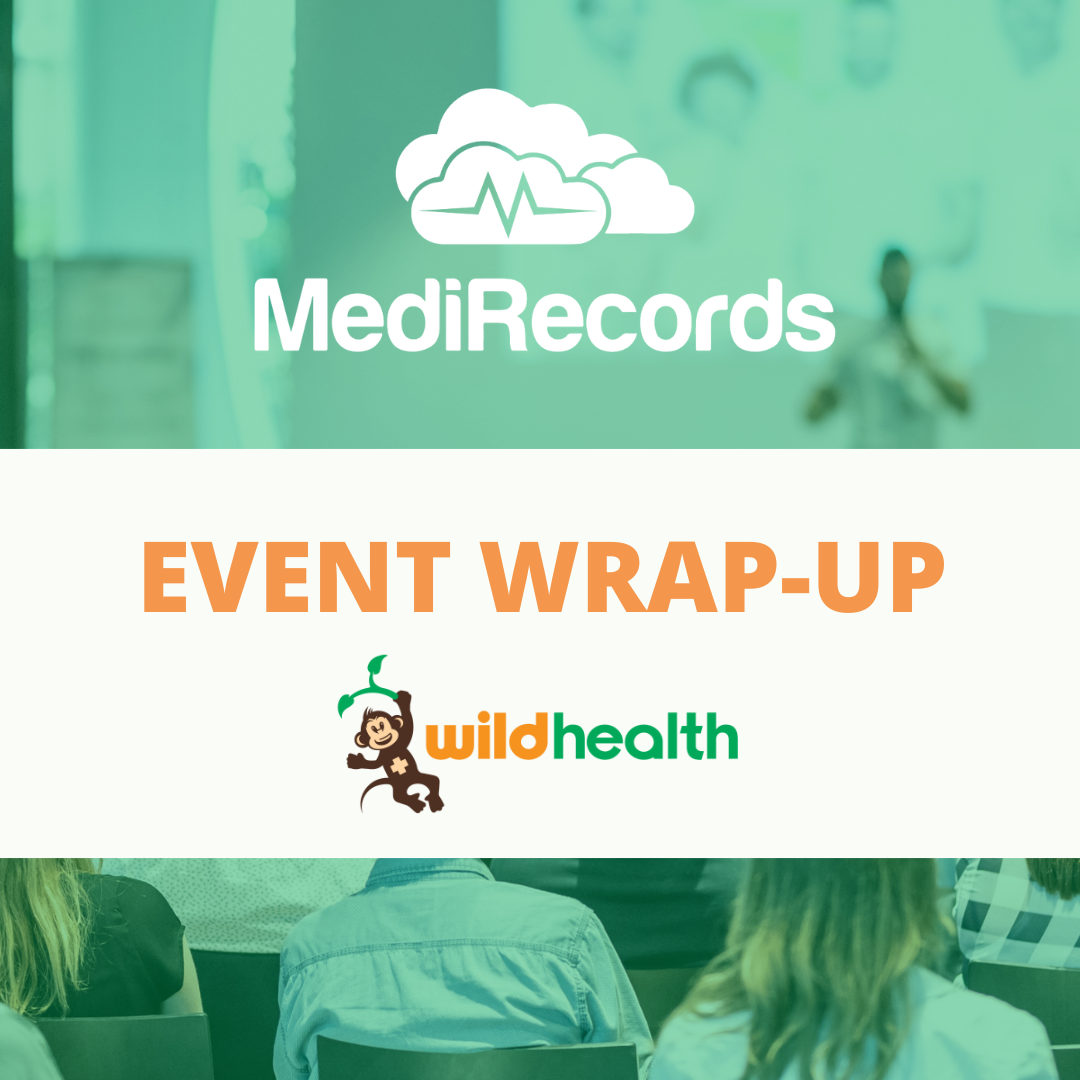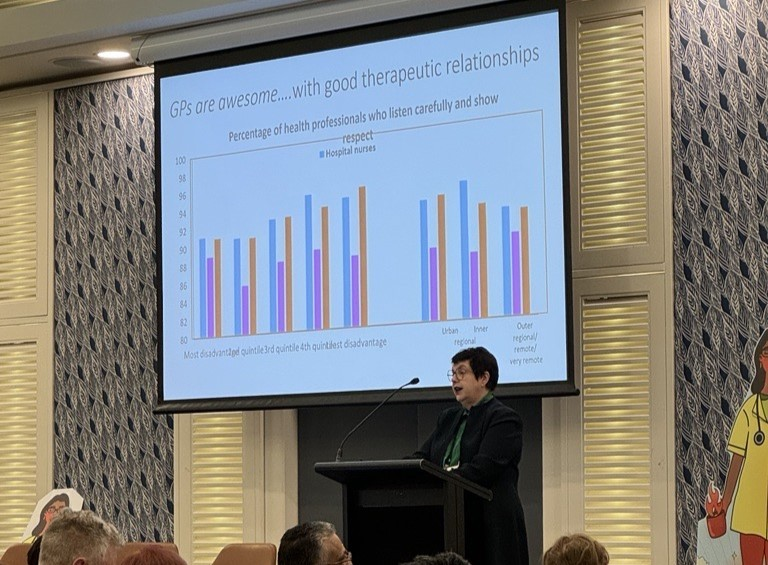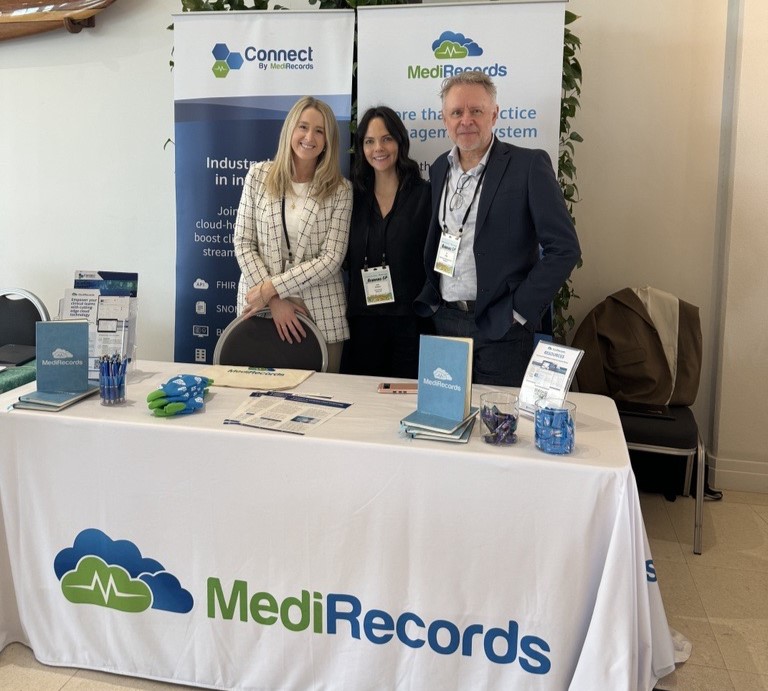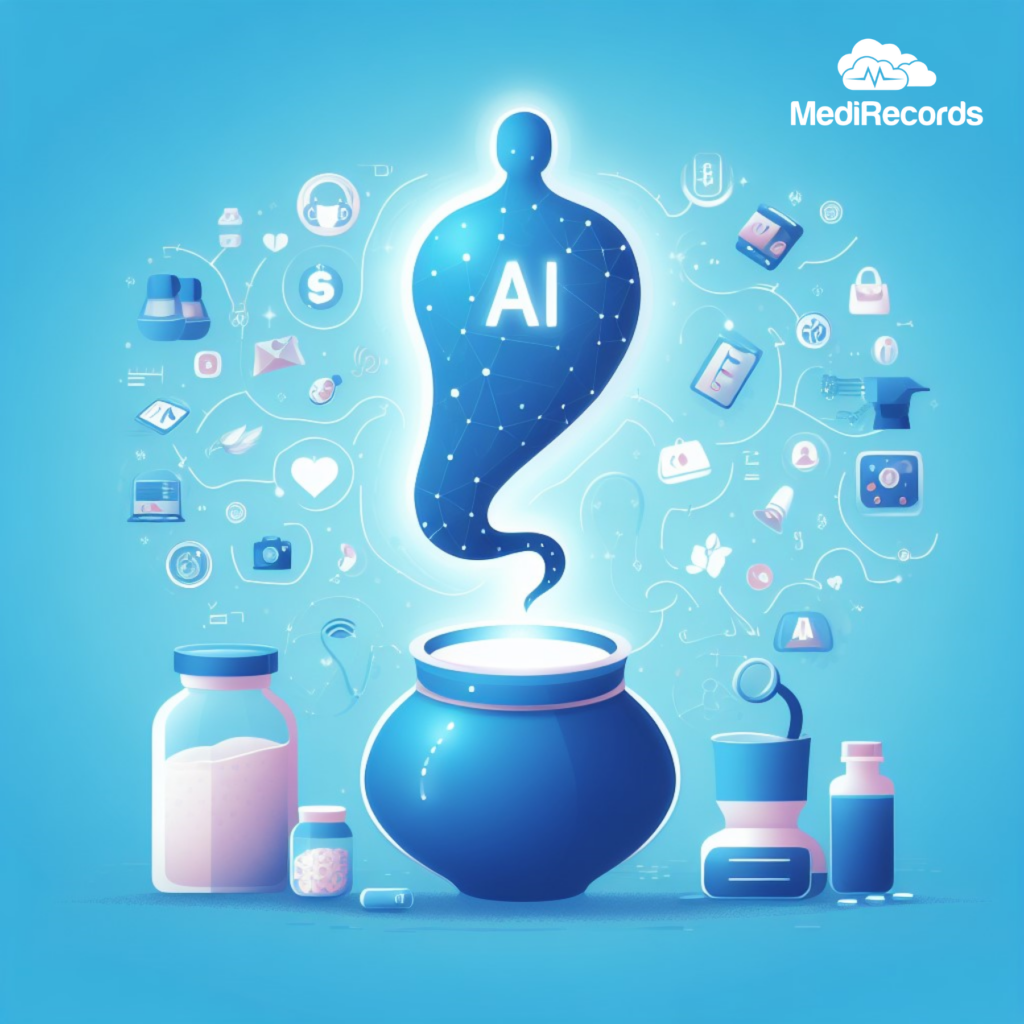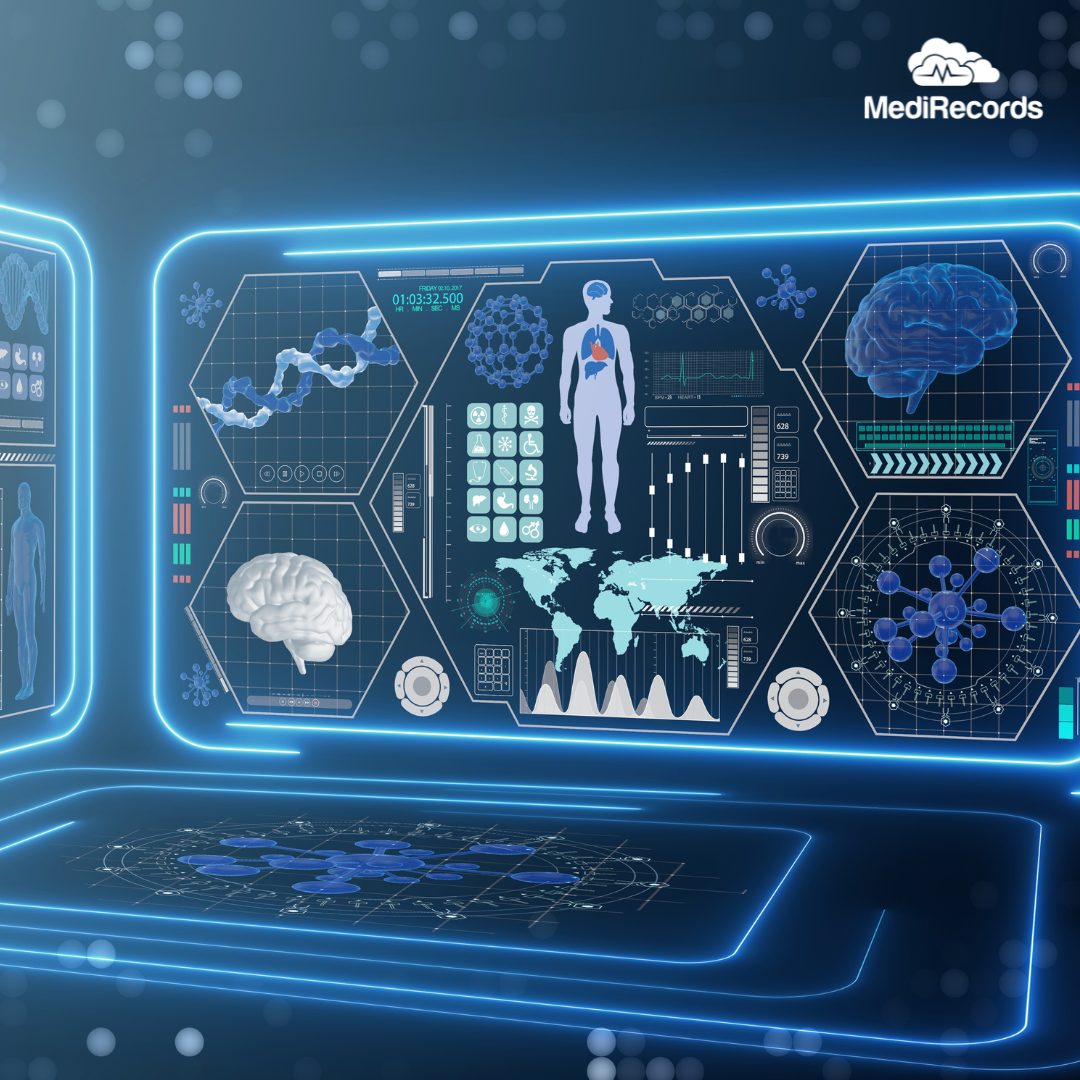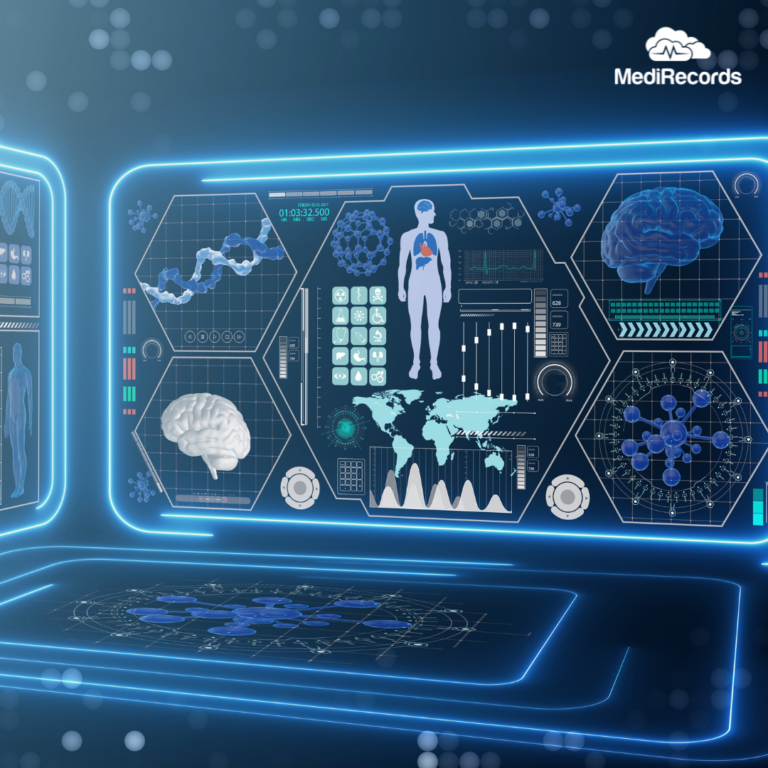May 01, 2025
Health In Sight: April 2025
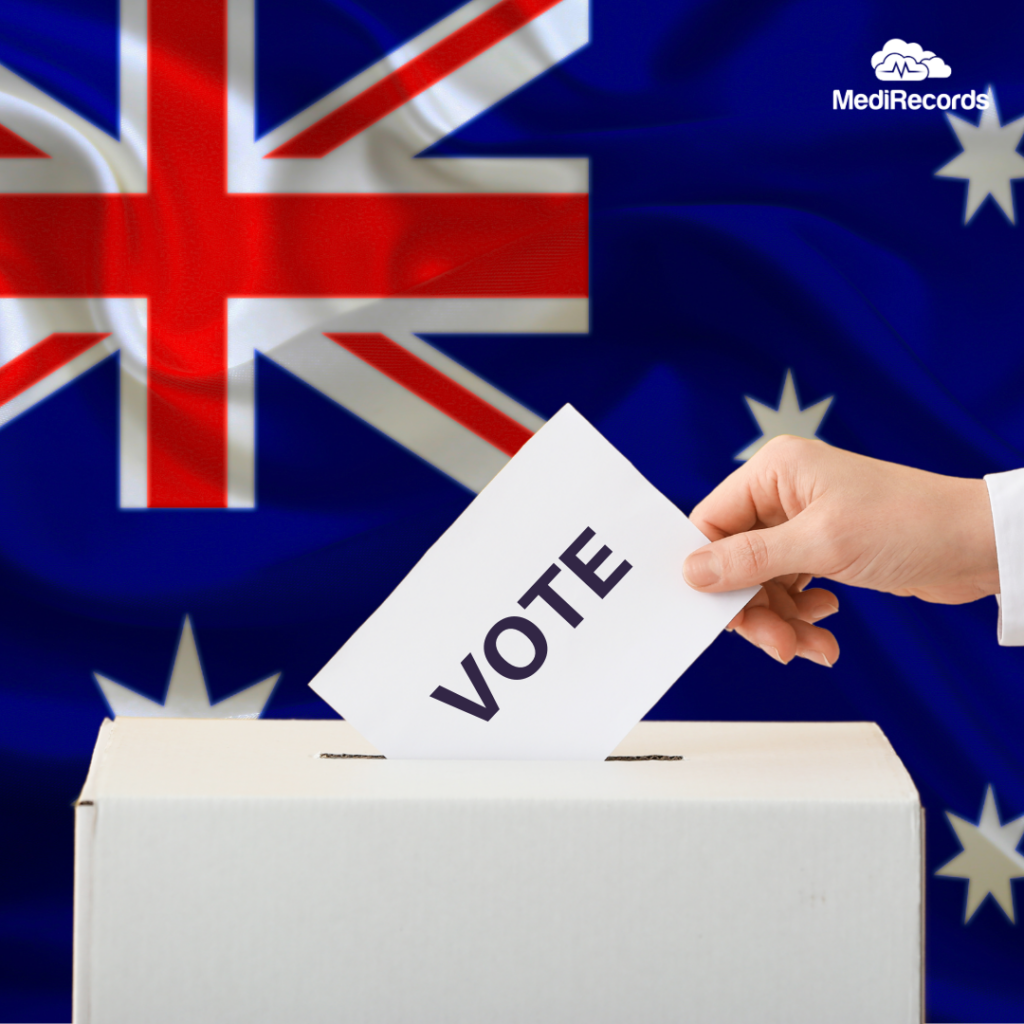
Here’s a fast fact on the Australian Federal Election: As of 30 April, more than 2.5 million Australians had applied for postal votes and more than 1.1 million had already submitted their ballots.
That’s a lot of people who won’t be queueing at polling booths or eating democracy sausages on May 3.
Voting is, of course, compulsory in Australia but the high number of postal votes shows Aussies take democracy seriously. As we should. Because no matter which party claims victory after the ballots are counted, healthcare delivery is likely to be impacted across the nation.
For those that haven’t been closely following policy announcements, here are key promises from the major players:
Labor Government
The incumbent Albanese Government announced many of their healthcare policies in the recent Federal Budget but have doubled down on the power of the Medicare brand, essentially rebranding Healthdirect services as 1800MEDICARE, ”a free, nationwide 24/7 health advice line and afterhours GP telehealth service”. Other commitments include:
- $7.9 billion to encourage medical practices to bulk bill more patients, with the goal of 90% of patients being bulk billed by 2030.
- $1 billion for free mental health care services
- Cheaper PBS medications with the maximum price per prescription falling from $31.60 to $25 in January 2026
- 50 additional Medicare Urgent Care Centres
- Investment in training programs to create more GPs, nurses and midwives.
Coalition (Liberal and National Parties)
The Coalition have matched funding for several Labor healthcare policies – including $25 prescriptions – and have pledged:
- $9.4 billion for increasing bulk billing in general practice and mental health and ensuring “all Australians have affordable access to healthcare”
- Building GP workforce numbers with incentive payments, entitlements and training support
- Restoring Medicare-subsidised mental health sessions from 10 to 20
- $400 million for youth mental health services
- Initiatives to get more healthcare workers to live and work in regional areas.
Australian Greens
The Greens are advocating for universal, equitable, publicly funded free healthcare – including ambulances – for everyone. Other initiatives include:
- Free access to PBS approved medications
- Expand Medicare to cover dental care, mental health and diagnosis of ADHD and autism
- Medicinal cannabis products to be better researched and added to the PBS
- Federal Government to provide at least 50% of public hospital funding through a model that supports care innovation
- Advertising ban on alcohol, nicotine products and junk food.
As Australia locks down its next Federal Government, the gears keep turning in the wider digital health world. Here are some of the developments we’ve been watching:
The rise of virtual care
Hospitals globally are looking to care for more patients in their own homes, to allay rising costs of in-hospital care. The following articles look at initiatives to deliver chronic disease care in UK community settings and more virtual emergency care in Ireland.
‘Technology must be part of move to more community care’
Five years of ED in the home takes pressure off hospitals – Pulse+IT
Smarter wearables
Apple is working on AI-driven health coaching, and Apple Watches may be used to predict epileptic fits in the near future.
https://www.beckershospitalreview.com/disruptors/apple-expands-healthcare-efforts/
EpiWatch wins FDA clearance for Apple Watch seizure management app | MobiHealthNews
AI unchained
In one of the riskier AI initiatives we’ve seen, a US proposal is under consideration to use AI for autonomous prescribing.
Proposed legislation paves the way for AI to prescribe drugs | MobiHealthNews
Meanwhile Bill Gates has predicted AI will be the solution to medical workforce shortages around the planet.
Sources
https://www.healthservicesdaily.com.au/why-1800-medicare-is-bigger-than-many-think/27731
We will deliver quality healthcare – Liberal Party of Australia
Election 2025: See where Labor and the Coalition are promising to spend billions – ABC News
Coalition given cold shoulder by nurses and midwives | Health Services Daily

